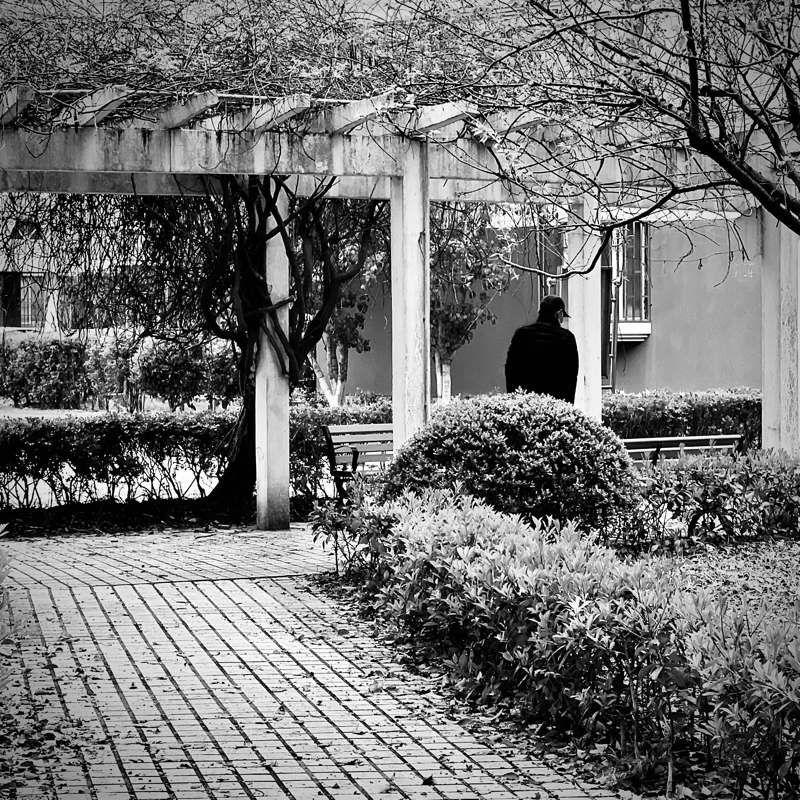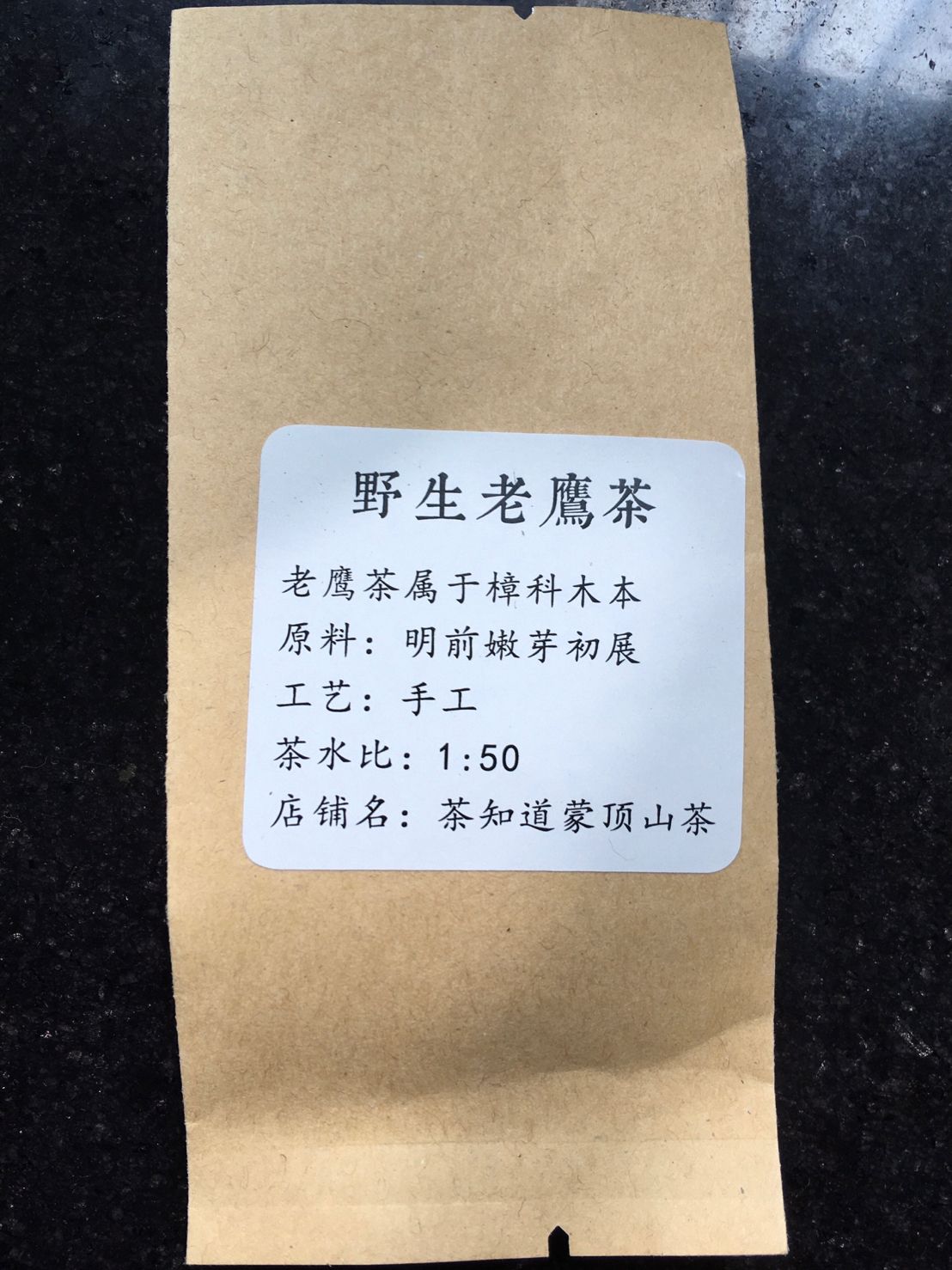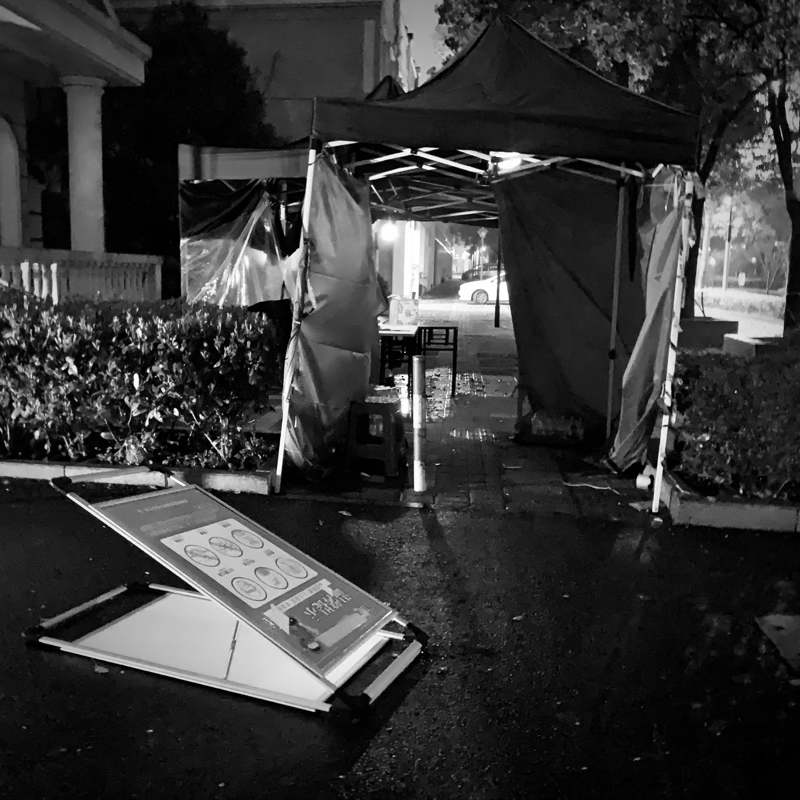When I was a lad, in the late 60’s to mid 80’s of late last century, The Media consisted of Broadsheets and Magazines (print media) Radio, and TV. Public discourse and input into political discussion took place through broadcasts, Letters to the Editor, Town Hall meetings, and the Ballot Box. With the exception of Letters to the Editor, the general public did not engage in Content Creation, but in Content Consumption. With the advent and development of mass access the Internet in the late 80’s and early 90’s, the public square moved online into bulletin boards, and online forums morphing into virtual community spaces and gave birth to the likes of Facebook, and the concept of the Virtual Public Square.
Around the turn of the millennium, “Traditional,” mainstream media began to feel the impact of their loss of control over Public Discourse and Dialogue, they were no longer the sole generators of Content: everyone online had become their own content creators, curating their newsfeed and online “social” engagement, thus morphing into what we collectively refer to now as “Social Media.” however, development does not stand still, the influence of Social Media has become so pervasive in today’s society that perhaps it should now be referred to more accurately as “Societal Media.”
This is the new media landscape and Mainstream Media is struggling to keep control of social discourse. In the past, the “Editor” exercised great power over published letters and opinion, reportage and the form it took, and advertisements: where and when they appeared, if at all, especially in print media. However, while one media company may have chosen not to publish certain views and opinions of certain individuals, there were alternatives: the only way to silence a voice was to physically intervene in some manner.
Today in the online world, there is little to no real competition at the provider level, this Social Discourse is now held “altruistically” in monopolistic hands. As such, dissenting voices, even of international leaders, can be silenced instantaneously. Through cartel like cooperation between corporate giants, such voices may not be able to regain a foothold in the Societal Media Space, let alone recover from the loss of followers and connections caused by Social Media Assassination. Having been a victim of this in the past, it is a subject indelible in my thoughts.
Along with the shift in control over Public Discourse there is also a shift in the control of the form of Content Creation. “Fake News,” and “Individual Opinion” holding equal sway to “Expert Commentary” indicates there are fundamental flaws in the process of content creation.
Access to many alternative “News Outlets” means that traditional domestic oriented “Propaganda” no longer holds the sway it once had. “Fact Checking” has become a game for online pundits but is no longer engaged in by mainstream Journalists until, “after the fact.” In this new Societal Media landscape, the ethics of journalism have seemingly been abandoned for a competition for attention with a myriad of cacophonic voices.
The gate keeping of Social Discourse has shifted and continues to shift from Government, enabled by a compliant mainstream media, to corporate Social Media monopolies; and, real life social order, in once democratic countries like Australia, are taking on dystopian “Police State” tendencies, fueling further social upheaval. It seems no-one is “content” with the wild vibrance of the “Content” being now being created.
Why is that, do you think? (Read that again and consider, is that one question or two?)
In my early school years, “Critical Thinking” was a formal subject yet it was removed from the curriculum as I started my school journey. Learning to express an opinion or construct a reasoned, factual and logical argument was the guidance role of individual “English” teachers – to what degree was entirely at their whim; and debating points of view, became an after school social activity, more often than not.
Now, as those members of my parents generation responsible for the direction in which school and social education in my country turned, shuffle off their mortal coil, we will see further the consequences and bear the burden of those choices: Societal Media is no longer confined to the online space, it influences our every moment and movement in daily life so much so, that anyone with a knee jerk reaction can instantaneously respond to the latest news, memes, talking head opinion, and public propaganda, or initiate a virtual “drive by” termination.
Persuasive writing was about constructing an argument, and then presenting it in such a way as to encourage, recruit, or “persuade” the reader to accept that point of view. This is a fundamental precept in Debate; Advertising products and services; and, in the political influence of Social Governance.
The rules of Debate are formal and strict. In Advertising, Informational and Emotional language either verbal, visual, or written is equally and effectively used. In “Social Governance” the mantra, “Never let the truth get in the way of a good story,” is king, as long as control of the populous is maintained.
These are issues that at heart relate to “Truth,” and the control of its perception is at the core of the conflicts of opinion that we see today. There are several issues prominent that need a brief outline: a) Is truth immutable, or perceptual? b) Can, or should, truth as we individually perceive it be controlled or dictated to us? c) Is truth like a coin and our perception of it dependent on our position relative to the coin? and, d) Does government have the right to determine what is a permissible interpretation of my perception of truth and how I feel about it? Some of these are loaded questions for sure, but that’s part of the point.
A coin is a three dimensional object, thus there are more than two ways to observe it. By treating a truth as immutable, like a coin, and our perception of it as being relative, it easy to demonstrate that “my truth” may just be your “propaganda” and vice versa, and that in the court of Public Opinion, one person’s political “Point of View” is another person’s “Fake News.”
Societal Media is the confluence of the virtual world of Social Media, and real life engagement is daily Civic interactions. For generations public education has abandoned issues of critical thinking and formal public discourse. Today such skills are desperately needed to combat propaganda, and so called “fake news;” to push back against and fact check so called “conspiracy theories;” and, to evaluate and challenge the performance of community leadership and those that administer authority based on claims of specific expertise.
There is a power struggle going on between traditional wielders of power and new corporate monopolistic interests, where our abilities to interact in Civil Life both virtual and real can be fundamentally and devastatingly penalised through instantaneous censure, without recourse to review or appeal. Are we content with Content Creation in the modern Societal Media Space? I think not.
There are problems across the board, generations in the making, that influence the creation of content today, and the way in which we respond to that cannot be redressed overnight. There are also fundamental Civic issues about control, gatekeeping, data security, and guarantee of engagement/access, that need to be addressed, and soon. Lastly, there issues of social order and the abusive use of executive control, based on unchallengeable claims to expertise and authority or the truth, that have significant impact on the day to day lives and freedoms of a populace.
The enablement of safe civic interaction that does not violate individual sovereignty is paramount to a civil society. Thus, visionary leadership that values educating the populace in critical civic skills is what is needed rather than propaganda taking the place of adherence to fact checked, and critically evaluated assertions, especially with any claims to authority based on “truth.”
Critical and logical thinking, reasoned discourse based on the rules of debate, and respectful refutation of contrarian points of view rather than censure, are essential skills that all persons engaged in Societal Media Content Creation need. We should be content with the Content, but we are not. Instead, we are tearing the world apart because we don’t want to be told how to think, yet at the same time, most of our society no longer knows how to think. The push back is still there but have the skills been irrevocably lost? I hope not.












Leave a Reply